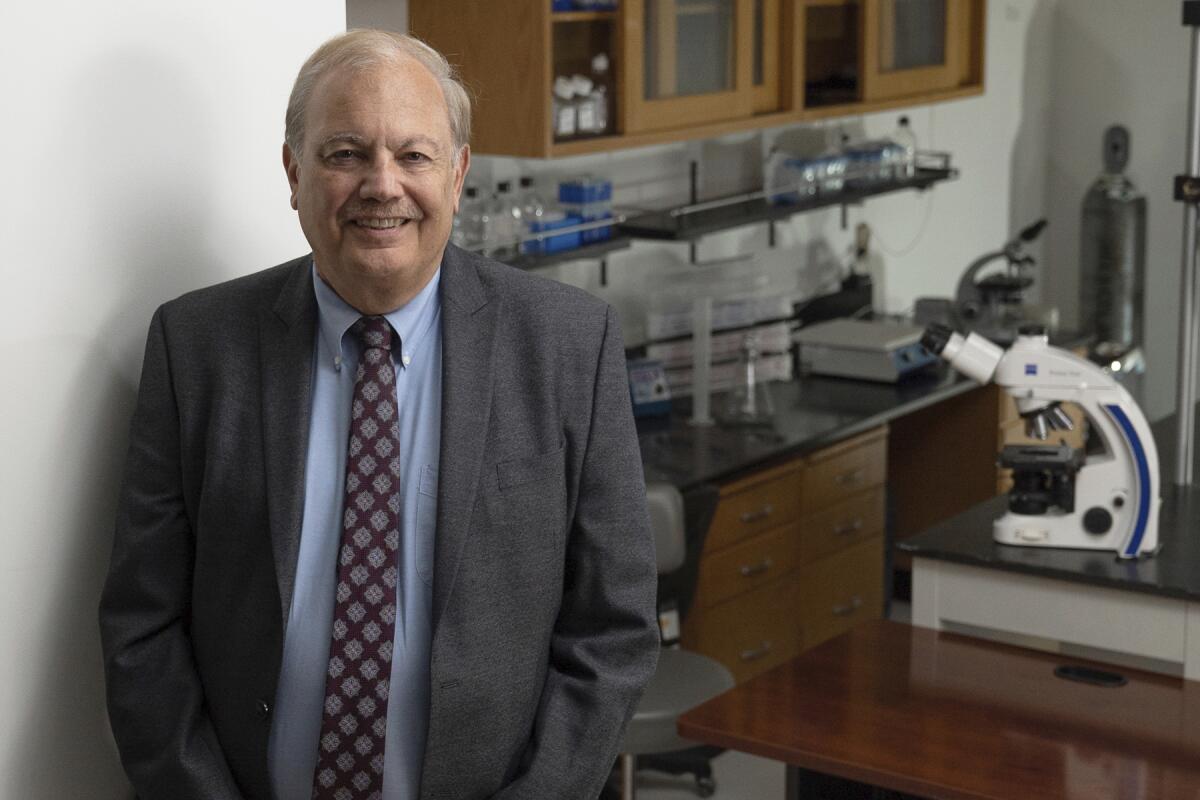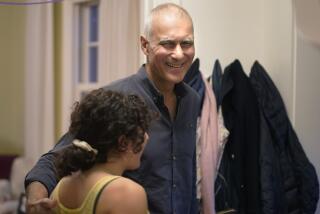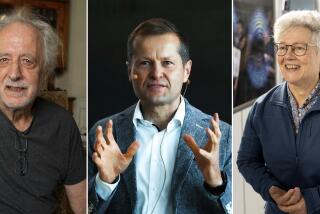UCLA’s Dennis Slamon wins Lasker Award for helping develop breast cancer drug

- Share via
Five scientists have won prestigious medical awards for creating an innovative breast cancer treatment and discovering key players of the disease-fighting immune system.
They will share two $250,000 awards from the Lasker Foundation, to be presented this month in New York, the foundation announced Tuesday.
One prize honors the invention of Herceptin, a breast cancer treatment. The award will be shared by Dr. Dennis Slamon, director of Clinical/Translational Research at UCLA’s Jonsson Comprehensive Cancer Center, and by H. Michael Shepard and Axel Ullrich, who were with the biotech company Genentech when they did the research.
Herceptin transformed care for breast cancer when it was approved in 1998. It interferes with a protein called HER2 on the surface of breast cancer cells. The honorees’ work, which began in the 1980s, included identifying HER2 as a driver of breast cancer and showing that Herceptin could help treat some cases of the disease.
The three scientists “conceived and executed a new blueprint for drug discovery that has already bestowed tens of thousands of women with time and quality of life,” the foundation said.
Shepard is now at Biooncology Consultants LLC in San Diego, and Ullrich at the Max Planck Institute of Biochemistry in Martinsried, Germany.
The other award goes to Dr. Max Cooper of Emory University in Atlanta and Dr. Jacques Miller, an emeritus professor at the Walter and Eliza Hall Institute of Medical Research in Australia. In work that began around 1960, they independently discovered two key classes of immune system cells, B cells and T cells.
Their work set the stage for fundamental discoveries over the past 50 years, the foundation said. It also led to treatments for a wide range of illnesses, including cancer and autoimmune disorders.
The foundation’s public service award goes to Gavi, an international public-private partnership that works to expand global vaccine coverage for children. Since it was launched in 2000, the group has helped vaccinate more than 760 million children, the foundation said.






